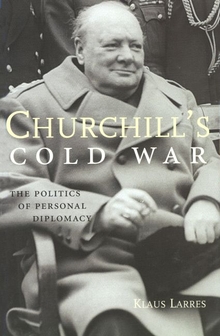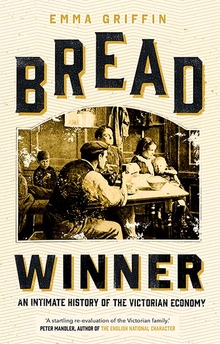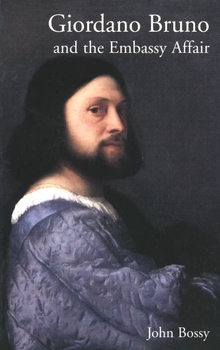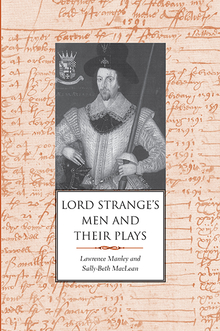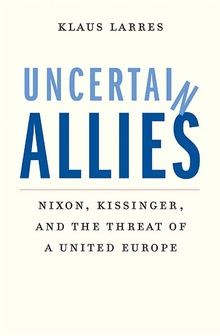Churchill’s Cold War
WARNING
You are viewing an older version of the Yalebooks website. Please visit out new website with more updated information and a better user experience: https://www.yalebooks.com
The Politics of Personal Diplomacy
Klaus Larres
Churchill’s techniques of government were distinctly unconventional. Energetic, self-confident, and persuasive, he preferred to act outside official civil service channels when the stakes were high. When forming foreign policy, his preferred modus operandi was summit diplomacy—the cultivation of personal contacts to achieve national objectives. At its best his direct intervention could be heroically successful, resulting, for example, in the entry of the United States into the Second World War. At its worst it failed utterly. Either way this was international politics at a level of high drama and high risk.
This book explores Churchill’s predilection for direct diplomatic action from his first tentative involvement in 1908 until his retirement as prime minister in 1955. Its principal focus is the period 1945-1955, during which the full force of Churchill’s personal diplomacy was directed at sustaining Britain’s great power status—in relation to the Soviet Union and the United States—at a time when its own economic power was declining. In particular, after October 1951 Churchill sought to revive with President Eisenhower and with Stalin’s successors in Soviet Russia the “Big Three” summitry he saw as the most effective means to forestall a nuclear holocaust and achieve a lasting peace.
Based on an exhaustive scrutiny of official documents and private archives in Europe and the United States, this book breaks vital new ground in terms of both Churchill scholarship and the international history of the Cold War.
This book explores Churchill’s predilection for direct diplomatic action from his first tentative involvement in 1908 until his retirement as prime minister in 1955. Its principal focus is the period 1945-1955, during which the full force of Churchill’s personal diplomacy was directed at sustaining Britain’s great power status—in relation to the Soviet Union and the United States—at a time when its own economic power was declining. In particular, after October 1951 Churchill sought to revive with President Eisenhower and with Stalin’s successors in Soviet Russia the “Big Three” summitry he saw as the most effective means to forestall a nuclear holocaust and achieve a lasting peace.
Based on an exhaustive scrutiny of official documents and private archives in Europe and the United States, this book breaks vital new ground in terms of both Churchill scholarship and the international history of the Cold War.
Klaus Larres is Jean Monnet Professor in European Foreign and Security Policy and Reader in Politics at the Queen’s University of Belfast. For the academic year 2002-3 he is Henry A. Kissinger Professor of Foreign Policy and International Relations at the Library of Congress, Washington, D. C. Among his publications is The Cold War: The Essential Readings, edited with A. Lane.
"This is an exceedingly well-researched and well-written study of Churchill and of British foreign policy in the first decade after World War II."—Library Journal
"Larres . . . has produced a well-written, scrupulously documented account devoted largely to Churchill’s final turn as Prime Minister, four years that most biographers prefer not to dwell on. . . . A gripping account."—Roger Fontaine, Washington Times
“A brilliant and scholarly defense of Winston Churchill’s effort in the early Cold War to promote a kind of proto-détente between the superpowers. . . . This is an excellent book. Its research, conducted at a variety of archives in the U.S. and various European countries, is meticulous and path breaking. It will become a standard work.”—John Dumbrell, American Historical Review
“It is the most thorough examination of Churchill’s attempts at opening a dialogue with Moscow after Stalin’s death in the hope of putting an end to the Cold War.”—Foreign Affairs
“In this meticulously researched and powerfully written volume, Klaus Larres charts new territory in both Churchill scholarship and Cold War historiography. . . . It serves as an example of how leaders attempt to achieve and preserve personal power—a crucially important tool in statecraft. Both scholars of the Cold War and of Winston Churchill should read this work.”—Virginia Quarterly Review
“What is original about Churchill’s Cold War, and places it immediately in the top rank of books on Churchill and on the Cold War, is the depth and breadth of Larres’s research and his immense generosity in imparting it fully to readers through footnotes, which add up to almost one-third of the book.”—James W. Muller, Perspectives on Political Science
“Provides a variety of insights into the origins of post-war British foreign-policy practices and paradigms that would confound continental leaders for decades.”—Jeffrey G. Giauque, International History Review
“Larres investigates [Churchill’s] peace campaign with immense scope and scholarly dedication.”—Robert Pearce, Journal of Modern History
ISBN: 9780300094381
Publication Date: August 11, 2002
Publication Date: August 11, 2002
608 pages, 6 1/8 x 9 1/4
12 b/w illus.
12 b/w illus.

